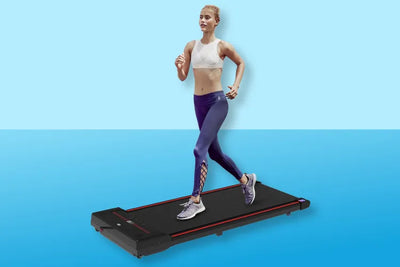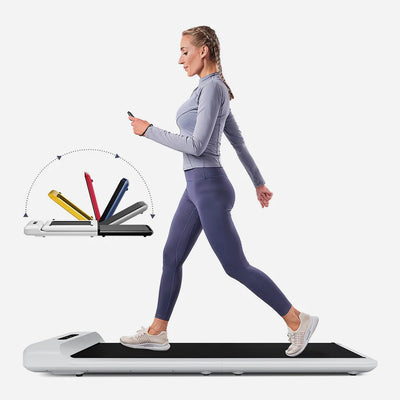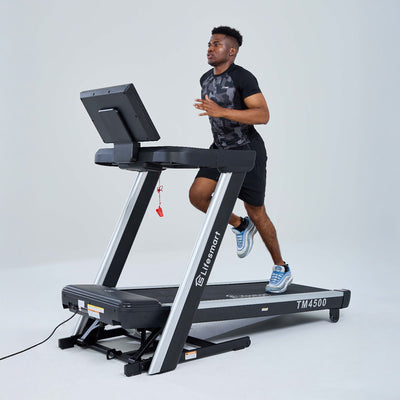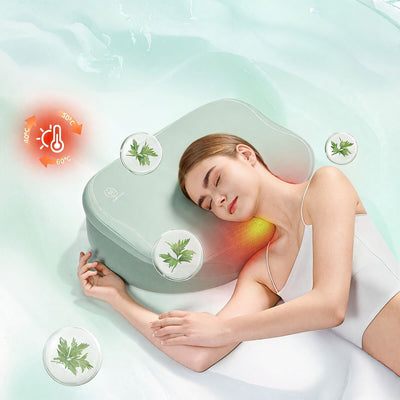Heat Up Your Health: Why Saunas and Hot Tubs Mimic Exercise Benefits
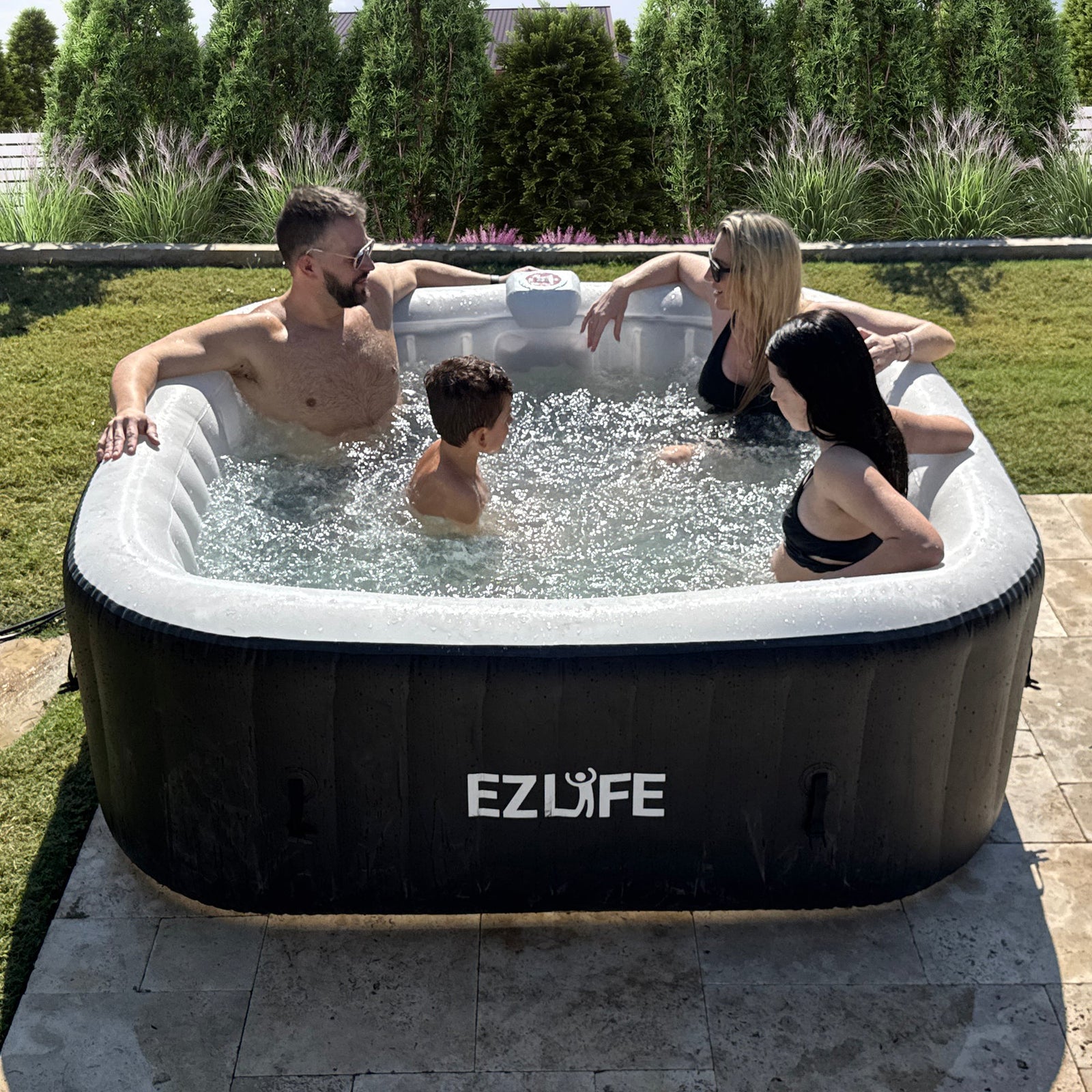
You likely know that exercise is essential for cardiovascular health. But did you know that passive heat exposure—like spending time in a sauna or hot tub—can offer similar benefits?
A recent study compared the effects of hot water immersion (hot tubs) and different types of saunas on the body. The findings demonstrate how both modalities can significantly improve cardiovascular function and stimulate immune responses, acting as effective complements to your exercise routine.
Hot Tubs vs. Saunas: The Key Findings
The study analyzed three heat exposure methods:
-
Hot Water Immersion (Hot Tub): 45 minutes at 105°F (40.5°C)
-
Traditional Sauna: Three 10-minute sessions at 176°F (80°C) with 5-minute cooling breaks
-
Far Infrared Sauna: 45 minutes, increasing from 115°F (46°C) to 149°F (65°C)
The results showed that hot water immersion had the most significant impact on physiological responses, including a notable increase in core body temperature.
Hot Water Immersion: Robust Cardiovascular Benefits
Hot water immersion was highly effective at mimicking moderate-intensity aerobic exercise. Participants in the hot tub experienced:
-
Improved Blood Pressure: A decrease of 14 mmHg
-
Increased Cardiac Output: An increase of 3.7 L/min
-
Elevated Heart Rate: A rise of 39 bpm
-
Stimulated Immune Cells: Hot water immersion was the only modality that stimulated specific immune cells (natural killer and cytotoxic T cells) for up to 48 hours, demonstrating a boost to immune function.
Saunas: Moderate, but Effective, Results
While the effects were less pronounced than hot water immersion in this specific study, saunas still provided significant cardiovascular benefits.
-
Traditional Sauna: Elevated heart rate by 34 bpm and reduced blood pressure by 4 mmHg.
-
Far Infrared Sauna: Showed the mildest effects, increasing heart rate by 26 bpm and reducing blood pressure by 1 mmHg.
Why the Difference in Results?
The study concluded that hot water immersion's superior results were largely due to two factors: the duration of exposure and water conductivity, which allows for more rapid heat transfer and a greater increase in core body temperature.
However, the study also emphasized that the sauna protocols used were likely too short (only 10-minute sessions) to fully maximize the cardiovascular and thermal benefits typically associated with sauna use.
In short, any modality that significantly raises your core body temperature will yield cardiovascular benefits. The duration and temperature of your session are key to maximizing results.
The Connection Between Heat and Exercise
The benefits of heat exposure stem from its ability to mimic many of the same physiological responses as exercise. When your body is exposed to heat, it activates thermoregulation—your body’s way of maintaining temperature balance.
This process accelerates your heart rate and increases sweating, similar to a cardio workout. Regular heat exposure leads to heat acclimation, improving your body’s ability to cool itself down and enhancing overall heat tolerance.
Beyond the Heart
Passive heat stress acts as a hormetic stressor, triggering protective cellular responses and building resilience. This includes:
-
Heat Shock Proteins (HSPs): Heat exposure increases HSPs, which are essential for repairing damaged proteins and protecting against age-related diseases.
-
Improved Endurance: Heat acclimation enhances blood volume and red blood cell count, boosting cardiovascular efficiency and athletic performance (like VO2 max).
-
Neuroendocrine Benefits: Heat exposure can elevate endorphin levels (similar to a "runner’s high") and promote transient growth hormone secretion.
Make Heat a Part of Your Routine
Saunas and hot tubs are not a replacement for regular aerobic exercise and strength training, but they are powerful complementary therapies. Whether you use them for recovery after a workout or on a rest day, incorporating passive heat stress into your routine can significantly boost your health.
If you don't have access to a sauna, hot water immersion—like soaking in a hot tub—is a highly effective way to achieve similar cardiovascular adaptations and is a fantastic way to relax.
Ready to enhance your wellness routine? Explore our range of saunas and spas to find the perfect fit for your lifestyle.




